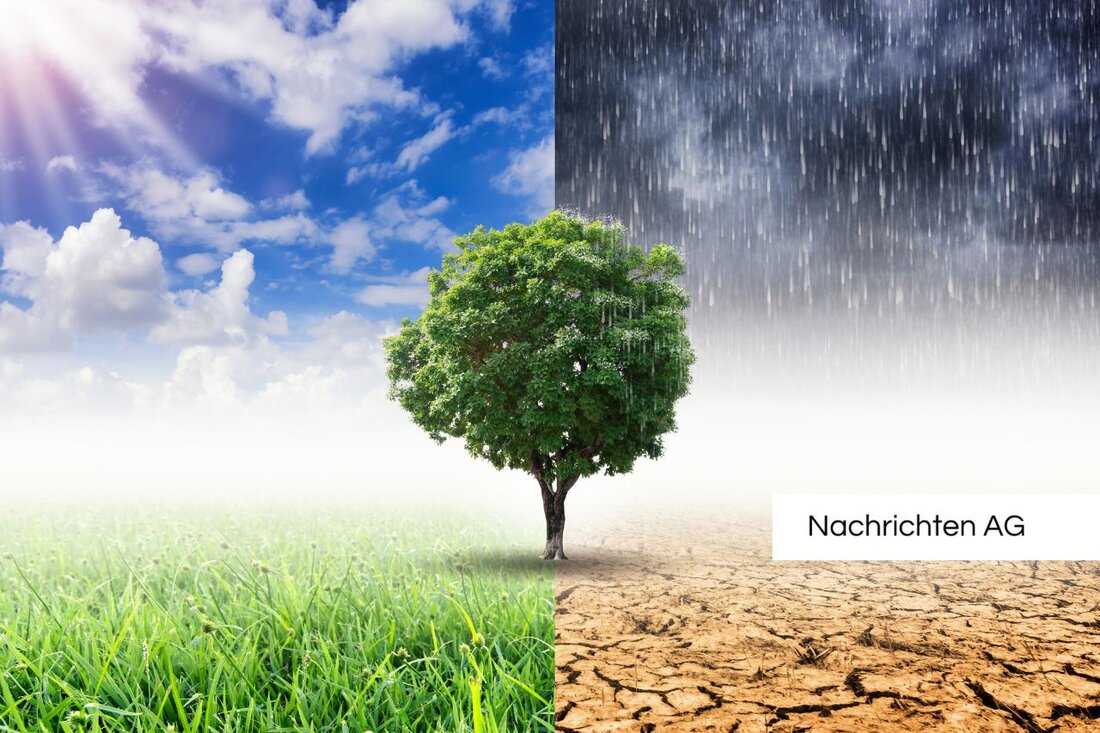Science for everyone: Open laboratory days invite you to be amazed!
The University of Dortmund will present the QuanTour 2025 on October 16, 2025 to convey science in an entertaining way and promote diversity.

Science for everyone: Open laboratory days invite you to be amazed!
As part of efforts to improve the connection between science and society, the “QuanTour 2025” project was launched. This innovative approach aims to get young people between the ages of 15 and 25 excited about quantum science. The initiative focuses on presenting science in an easy-to-understand and entertaining way to appeal to a broader audience. As the Technical University of Dortmund reports, the aim is to promote interest in the diversity of science through various events, such as open laboratory days.
A central element of QuanTour 2025 is close collaboration with partners who offer sound support for the project. These include theGerman Physical Societyand theWilhelm and Else Heraeus Foundation, which is funding the event as part of the International Year of Quantum Science and Technology 2025. Also Dr. Pranoti Kshirsagar, the founder of “The Science Talk” platform, plays an essential role and contributes her expertise. These collaborations are crucial for the success of the project.
Expanding science communication
In addition to the practical component of the project offering, a 12-part podcast series is provided, which functions as a lecture series on quantum science. The conversations with group leaders of the QuanTour laboratories are accessible both to participants of the events and to a wider audience. The podcasts are an important medium for gaining deeper insights into the topics and promoting discussion about scientific issues.
Given the increased importance of science communication, particularly visible during the COVID-19 pandemic, it is particularly important that scientists, universities and organizations are actively present in the media. After NCBI Initiatives like QuanTour 2025 are part of a cultural change that the Federal Ministry of Education and Research already called for in 2019. Expectations of communicating science are increasing, requiring scientists to seek out publicity and dialogue.
In addition, the dialogue between science and society is diverse and ranges from public understanding of science to citizen science. It is increasingly recognized that the public has a high level of trust in scientific findings, but this must also be confronted with growing skepticism in certain areas, such as climate change or genetic engineering.
Conversations and new perspectives
Another expanding aspect of science communication is the podcast series “Science Social – Conversations on History, Science, and Society”. Sciencepodcasts.de. The host Stephanie Hood conducts discussions with researchers from the Max Planck Institute for the History of Science on topics such as climate change, pandemics and racism. These formats place a clear focus on illuminating new perspectives and stories from research.
The topics of the podcasts are diverse and offer space for discussions about the influence of digitalization on knowledge and understanding. Current social relevance is also made manifest, such as the decline in biodiversity and the role of fake news. These formats impressively show how science and society interact and influence each other.
Overall, projects like QuanTour 2025 and numerous podcast initiatives make it clear that science communication plays a central role in today's society. Dialogue between science and the public is crucial to strengthen trust in scientific findings while also promoting critical discussions.

 Suche
Suche
 Mein Konto
Mein Konto